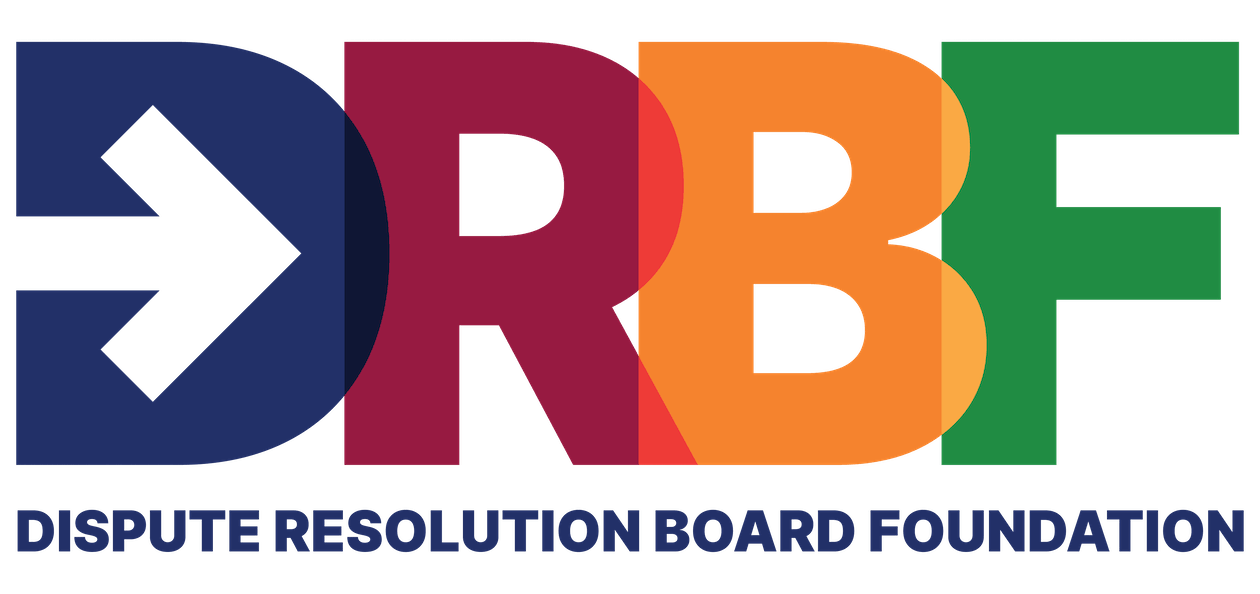A Dispute Board (DB) is a board of impartial professionals formed at the beginning of the project to follow construction progress, encourage dispute avoidance, and assist in the resolution of disputes for the duration of the project. Dispute Boards may be referred to by a variety of terms such as Dispute Avoidance/Adjudication Board (DAAB), Dispute Avoidance Board (DAB), Dispute Resolution or Review Board (DRB), Dispute Review Panel (DRP), Dispute Avoidance/Adjudication Board (DAAB), and others. While they may be referred to in different ways, their function is essentially the same: to encourage dispute avoidance and to resolve disputes.
There are several models for the structure of Dispute Boards worldwide. These DB models are distinguished by their primary role within a project (dispute avoidance or resolution, or both), the number of DB members (one or three or more) and the nature of the rules or procedures under which the DB operates. Standing DBs are standard, although in some cases an ad hoc DB is brought in after a project is significantly advanced or even completed. this model sacrifices many of the benefits of the standing DB and is not recommended.
Most DB models incorporate attributes that maximize successful project outcomes — such as establishment of the DB at the start of a project, appropriate DB member selection and regular meetings to enhance efficiency and effectiveness.
Three-Person Dispute Board
The most common form of DB is the three-person model. Advantages include diverse experience, greater capacity, and highest effectiveness for dispute avoidance and conclusive determinations.
One-Person Dispute Board
A one-person DB is particularly suitable for smaller projects where the cost of a three-person DB may become an issue. The Board member should have relevant qualifications and experience.
Dispute Resolution Advisor
A DRA is similar to a one-person, standing DB, set up in the conventional manner at the commencement of the project. However, instead of the DRA having the power to provide a decision or recommendation on the merit of a dispute, the DRA’s role is primarily that of an independent and experienced consultant, identifying potential areas of dispute and ensuring issues that arise are addressed by the parties as soon as possible.
Dispute Board Panels
For large and complex construction projects with multiple contracts or alternative delivery methods, the most cost-effective means of dispute avoidance and resolution may be to establish a DB panel.
The panel should be made up of experienced DB practitioners, from which individual DB members can be selected to work on specific contracts within the overall project. A DB panel member may be called upon to act as a facilitator, mediator or adjudicator, as appropriate, when a dispute arises.
Comparison of Dispute Board Types
| Feature/Type | Dispute Review Board (DRB) | Dispute Adjudication/Avoidance Board (DAAB) | Dispute Advisor |
|---|---|---|---|
| Primary Function | Provides non-binding recommendations | Issues binding decisions; promotes dispute avoidance | Offers informal guidance or advice on specific issues |
| Enforceability | Non-binding; purely advisory | Binding unless overturned through arbitration | Non-binding; purely advisory |
| Best Use Case | Collaborative projects with an emphasis on consensus | Projects requiring enforceable interim decisions and proactive issue management | Early-stage guidance or informal assistance without formal processes |
| Flexibility | Moderate - limited to recommendations | Moderate - focused of avoidance and decisions | High- no formal structure, advice tailored to situation |
| Formality of Process | Less formal, consensus-based | Formal, structured adjudicative process | Informal, as-needed consultation |
| Cost Implication | Low - avoidance benefits and few formal hearings | Low - avoidance benefits and resolution at project level | Low - used only as needed and without formal procedures |
For more information regarding the various board structures, their applications, and pros and cons of each method, please refer to the Dispute Board Manual: A Guide to Best Practices and Procedures, available for free download from this website, or for purchase from your preferred online retailer.
